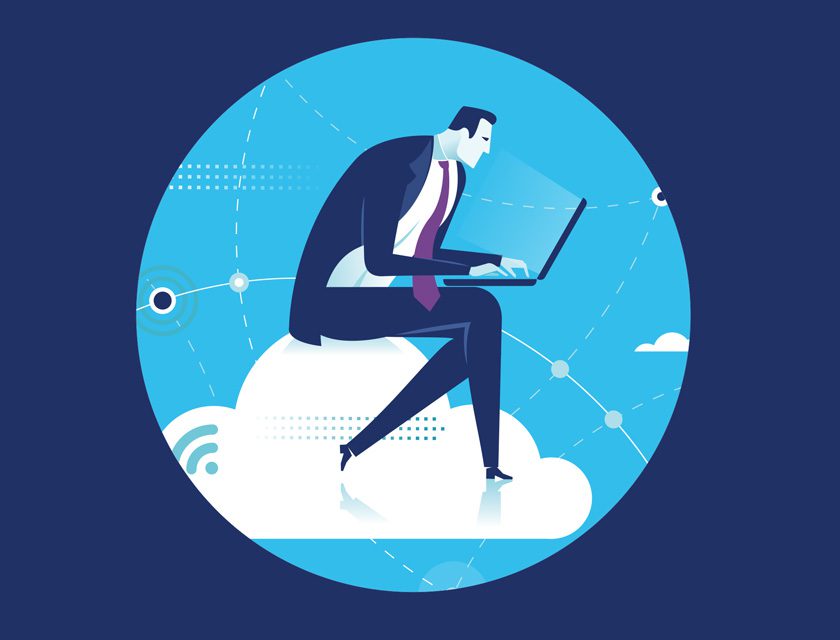RESTORE Act seeks to facilitate injunctive relief for patent holders in disputes
Many say the Supreme Court’s 2006 ruling in eBay v. MercExchange has made it much harder for patent holders to get injunctions.
By EILEEN McDERMOTT
All Eye on Washington stories originally appeared on IPWatchdog.com.
U.S. Sens. Chris Coons (D-Delaware) and Tom Cotton (R-Arizona) have introduced a bill to restore the presumption of injunctive relief to patent owners facing infringement.
The Realizing Engineering, Science, and Technology Opportunities by Restoring Exclusive (RESTORE) Patent Rights Act of 2024 would essentially abrogate the 2006 Supreme Court ruling in eBay v. MercExchange, a case that many patent owners argue has played a key role in weakening the value of patents.
A House companion bill was introduced by U.S. Reps. Nathaniel Moran (R-Texas) and Madeleine Dean (D-Pennsylvania). The bill is also being cosponsored by Reps. Chip Roy (R-Texas), Hank Johnson (D-Georgia), and Deborah Ross (D-North Carolina) in the House.
Restoring the presumption
According to the bill text, Section 283 of the patent law would be amended to add the following language:
“(b) REBUTTABLE PRESUMPTION.—If, in a case under this title, the court enters a final judgment finding infringement of a right secured by patent, the patent owner shall be entitled to a rebuttable presumption that the court should grant a permanent injunction with respect to that infringing conduct.”
The eBay case changed the courts’ previous practice of usually issuing injunctions upon a finding of infringement, in favor of applying a four-factor test to determine whether an injunction is warranted. According to a one-pager issued with the RESTORE Act on July 30, this has resulted in requests for permanent injunctions in patent cases post-eBay falling by 65 percent for “companies that use their patented technology to manufacture a product.”
Grants of permanent injunctions to such companies also fell by more than 65 percent, and requests and grants for “licensing patent owners, like universities and research clinics,” dropped by 85 percent and 90 percent, respectively.
Opponents of restoring pre-eBay approaches to injunctive relief have presented other data that claims the eBay case did not have a dramatic impact on the ability to obtain injunctions. In a November 2023 panel hosted by the Federalist Society, Laura Sheridan, head of patent policy at Google, said “eBay is working in a balanced, flexible way,.”
Infringement called ‘predatory’
The one-pager claimed that the post-eBay approach to injunctions “has incentivized a widespread practice of “predatory infringement” by large, multinational companies because it is cheaper for them to steal technologies than to license them”; has made litigation more expensive; and threatens to harm the U.S. economy and global innovation leadership.
The term “predatory infringement” has recently been favored by pro-patent advocates in lieu of “efficient infringement” to more clearly illustrate the practices that have been incentivized since eBay.
In the same November 2023 panel that Sheridan spoke on, Professor Kristen Osenga of the University of Richmond School of Law supported wider use of “predatory infringement,” explaining that “if an injunction is on the table, you will probably think twice about infringing. If you aren’t afraid of an injunction, you might have an entirely different mindset …”
The “rebuttable presumption” contemplated by the bill would allow alleged infringers to argue that an injunction is not warranted in certain circumstances, such as harm to the public, but the burden would be on the infringer to prove as much.
“Under our current system, it is cheaper for large companies to steal patented technologies from our inventors and entrepreneurs than to license those technologies lawfully,” Coons said. “The RESTORE Patent Rights Act will give the long-established exclusivity right teeth again to protect innovation and ensure our continued leadership and competitiveness on the global stage.”
Supportive comments
Innovation Alliance Executive Director Brian Pomper called the lack of injunctive relief in U.S. courts “one of the biggest problems plaguing America’s innovation ecosystem.”
He added: “It has allowed Big Tech and other large companies to practice predatory infringement, where they shamelessly steal patented inventions simply because it is cheaper than paying reasonable licensing fees for the technology.”
David Kappos, co-chair of the Council for Innovation Promotion and former U.S. Patent and Trademark Office director, said: “Right now, IP thieves can get away with a slap on the wrist, knowing they’ll likely face only a one-time fee, even if found liable.”
Kappos’ colleague at C4IP and fellow former USPTO Director Andrei Iancu said: “inventors cannot effectively protect their inventions without the ability to exclude. The RESTORE Act defends American innovation from unlawful infringement, safeguarding our economy and national security.”
The Alliance of U.S. Startups & Inventors for Jobs and Conservatives for Property Rights also came out in support of the bill.
Adam Mossoff, professor of law at the Antonin Scalia Law School, George Mason University, called the bill “one of the most important proposals for patent reform introduced in Congress in recent years.” He added:
“Injunctions are the necessary legal backstop to commercial transactions for all property rights in the free market. The loss of injunctions has devalued patents as an asset class and has hampered the continued success of the U.S. innovation economy.
“The RESTORE Act rightly reverses the court’s new injunctions test it created in 2006 and restores the original patent system—the property rights that launched the economic successes of the Industrial Revolution through the computer and biotech revolutions.”
If passed, when?
A bill addressing injunctions has been expected for some time.
In May 2023, just before Coons and Sen. Thom Tillis (R-North Carolina) introduced their bills addressing patent eligibility and Patent Trial and Appeal Board reform, retired Chief Judge of the U.S. Court of Appeals for the Federal Circuit Paul Michel, told IPWatchdog that three bills addressing “the three biggest problems” with the patent system would soon be introduced.
Although the fate of the bills is unknown and unlikely to be determined during this election year, Michel said last year that the mere introduction of legislation could build momentum.
Michel told IPWatchdog that he predicts the RESTORE Act will pass, but how soon is the key question.
“And will it be soon enough? Passage is not likely this year and maybe not next year, either. But it is becoming increasingly clear with the passage of time that the unavailability of injunctions for most patent owners, even after proving infringement, is crippling our patent system and discouraging the investments needed to retain the U.S. lead in advanced technologies.
“Innovation is expensive, and such investments are inherently risky. Patents reduce the risk, often to an acceptable level—but only if they can be enforced effectively. Barring further infringement is crucial to effective enforcement.
“Our commercial competitors in Europe and Asia routinely enjoin ongoing infringement, making it stop. So does China, our principal strategic rival. China is rapidly overtaking our technology leadership. Once Congress finally realizes all this, surely it will enact RESTORE.”



